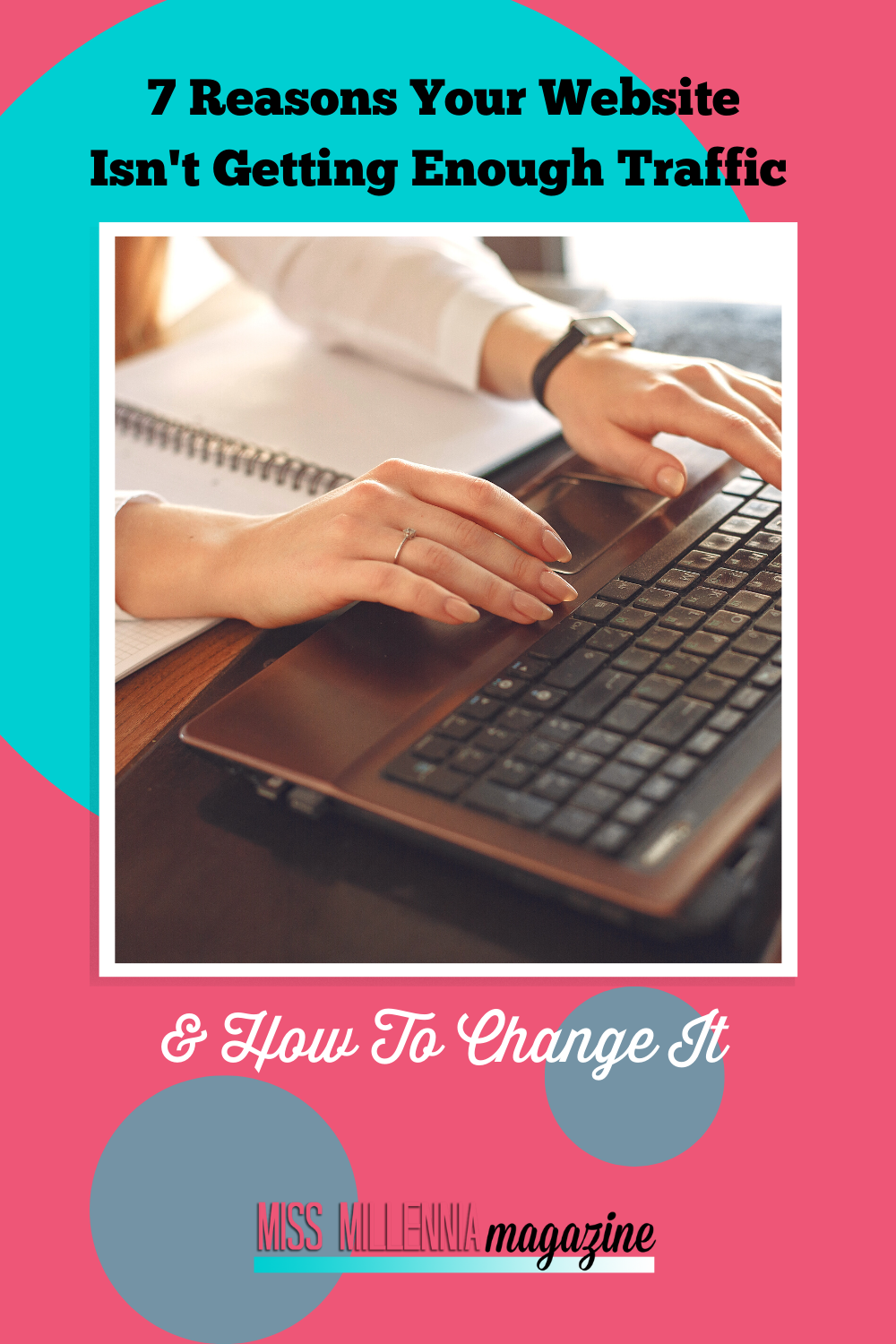4 Important Things to think about Before Changing Careers
Changing careers can be gratifying, but also extremely stressful since a huge part of your life will depend on the choice you make. Before changing careers, ask yourself these questions to gain some clarity before making a decision. Unfortunately, and here’s a spoiler alert, there’s no right or wrong answers to these questions. Still, these will hopefully help you gauge where you stand in case you are thinking of a career change.
Why am I looking to change careers?
It’s important to think about the “why” behind your career change. Karen Elizaga, author of Find Your Sweet Spot states that finding out whether you’re in the wrong job is the first step people must take. Are you unhappy at your current job? Are you only going to work every day for the money? Knowing why you are doing something, whether the reason is logical or emotional, helps puts things in perspective.
It’s also beneficial to take a frank assessment of your personality traits and workplace characteristics and then consider what type of career path suits you best.
I always find that writing things down really helps. When it comes to your career, write down how your job makes you feel, and how you think a change will make you feel. Studies show that liking your job is a big factor in determining your own success, and so it is important to know how you feel about your everyday workflow. In fact, according to Live Career’s 10 Step Plan to Career Change, the very first step is an assessment of likes and dislikes. Writing this down will help you figure out exactly why you are currently doing your particular job. This, in turn, will succinctly enlighten if and why you truly desire a career change.
What is the job outlook for my new career as opposed to my current job?
Before switching careers, it is important to research your new job opportunity thoroughly. Not only should you research the company you are about to join, but also the overall industry outlook. Consider its past growth and predicted growth to make sure you aren’t jumping into something that will likely collapse in the long run. Since a lot of companies follow a “last in, first out” policy, you’ll want to make sure that business is going well, so you have some degree of job security.
The BLS Occupational Outlook Handbook quantifies job outlook statistics and is a great resource to learn about projected percent change in employment for occupations from 2012 to 2022. This is useful to compare the job outlook rate of your new opportunity to your current job. Knowing that the occupation has a higher than average growth rate is a positive sign, and usually, corresponds with greater job security.
Is there potential for rising or moving to a more senior position?
Usually, it’s easier to go upwards in a company where you have established yourself. Changing careers might mean giving up the progress you have been working towards. Sometimes, rather than completely changing careers, it might be prudent to consider an internal switch within your current company. This way, you employer will still recognize your past work when considering promotions and such, especially if you’ve been with that same company for many years.
With more and more millennials entering the workforce, there has been a shift in the mindset when it comes to a career change. Millennials want to grow, even it if means growing out of a company. More often than not, millennials won’t stick around if they don’t see an opportunity to grow, and this facet of the new workplace should be kept in mind.
If growing within your current company an option, ask yourself whether the new opportunity is dynamic and gives you opportunities to move forward — after all, you don’t want to stay at the same stagnant position for years on end, as this will bore you and put you in the same situation once more.
How will this change affect my personal life?
Perhaps the most significant (and also most subjective) question to ask yourself is how changing careers might affect your personal life. This question is so broad and comprises so many aspects, but considering them is critical to having a successful “no-regrets” career switch. Consider any financial ramifications any change in benefits that your career switch might lead to.
Often, you will have to juxtapose increased income with job satisfaction and happiness and see where your priorities lie. If you have a family, ask yourself whether your new career will significantly cut into family time and whether you are okay with this. Will your new career opportunity require you to change your location or frequently travel? Who will bear the cost of this relocation?
It is critical to think about health consequences as well. Remember, no job is worth putting your health at risk through heavily increased stress levels and loss of emotional well-being.
Every person has different priorities And goals in life, and career decisions are often based on how to make these goals come to fruition. Making sure you have researched the facts and considering in detail the questions listed above, will help you come to a well-informed decision in regards to a career change.
Resources:
Big Money Vs. Job Satisfaction
Bureau of Labor Statistics Occupational Handbook










